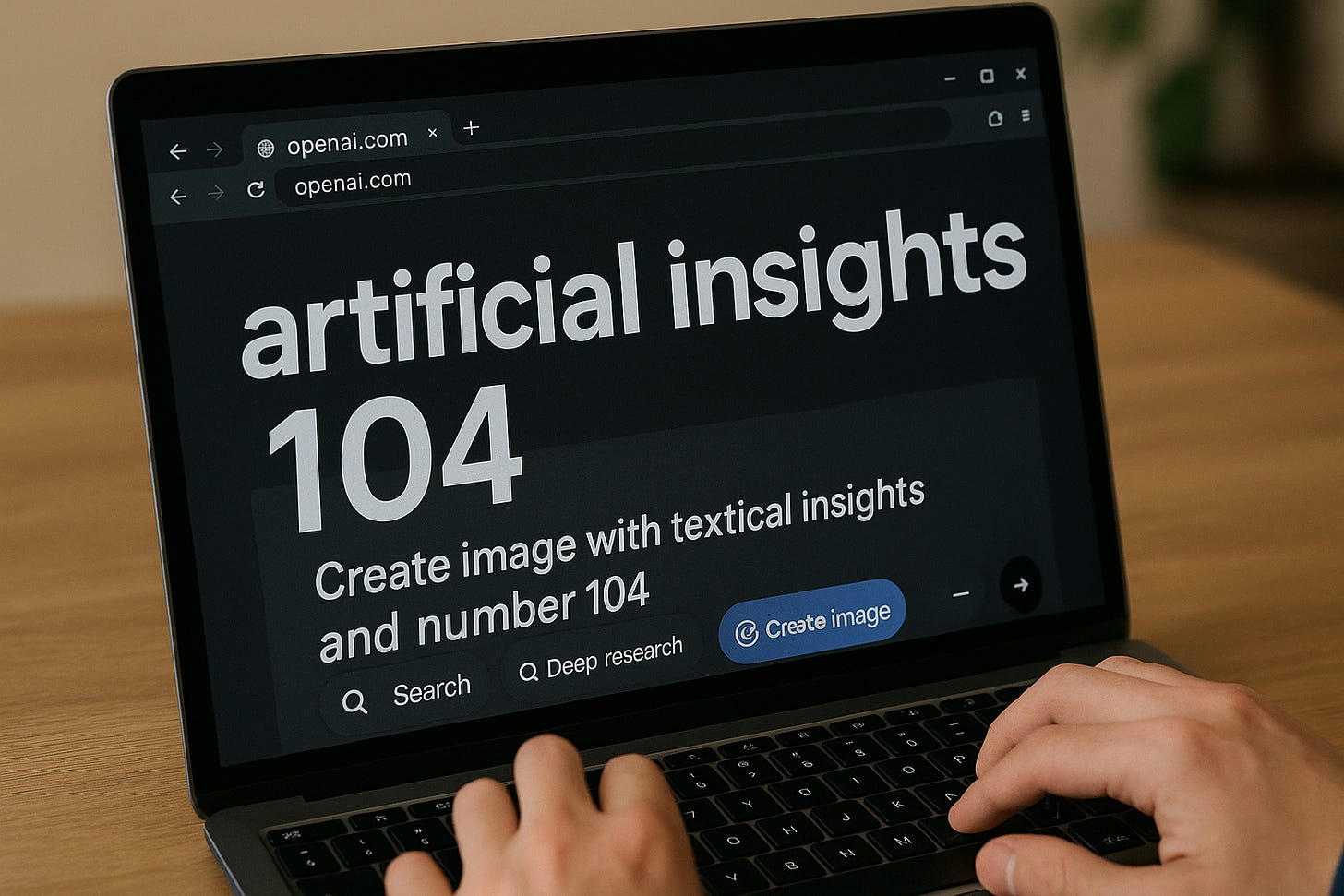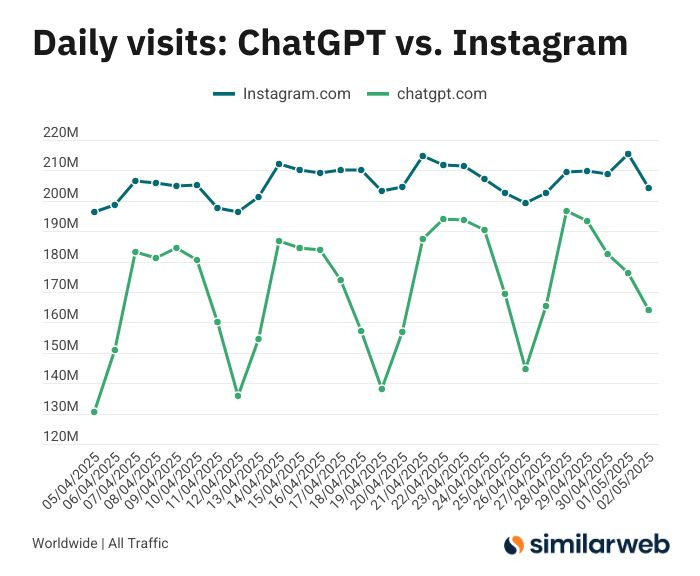Move Fast and Fix Things (104)
Progress in the age of stochastic machines.
One of the stronger reasons for being drawn to AI is the fact that there are no individuals who are experts at the whole field. Every person researching or working in AI carries a unique set of abilities and knowledge: small pockets of understanding in what is an endless and expanding landscape of intelligence.
You might argue this is true for every field, and you’d be right to an extent. But AI feels different because its boundaries are still being drawn in real time, by all of us.
By its very nature, AI is multidisciplinary: an evolving synthesis of mathematics, statistics, computer science, neuroscience, psychology, linguistics, philosophy, economics, ethics, and countless other fields. No single discipline owns AI, and no individual can claim full mastery. It’s too big, too dynamic, too alive.
Add to this the relentless commercial push from AI companies and the expanding economic incentives surrounding the space, and it seems obvious that the rate of change will continue to accelerate.
We are in an era where progress is no longer linear but exponential - each year compressing what used to take many. What even counts as a year of progress is already blurry, and we may well be living through the early outlines of this transition. We might experience as much change in the next decade as we did in the last century. And it’s only going to speed up from here.
A system of limitless potential without anyone in charge. A process that absorbs everything: our writing, our conversations, our ideas, our economy – into itself. A system to end all systems, built from our collective output, belonging to no one.
Until next week,
MZ
Agentic Sages
Fascinating framework for thinking about agency (both artificial and human).
AlphaGo Documentary (90 min)
A few years old, but it only gets better with age. The documentary is beautifully produced, prescient and gripping.
Unmissable essay from Substack
(Via Monique)
Trillion-Dollar Opportunities (30 min)
Very VC-centric but otherwise great talk from Sequoia about how AI will consume both software and services in the near future.
The last speaker is by far the most interesting one for me. Some highlights:
Agents will cooperate through common protocols and be exposed to the economy.
AI gives you more leverage with less certainty.
Trust & security around agents will be fundamental.
We will increasingly spend our time managing agents.
Agents working within agents: we will move towards neural networks of neural networks (the same way the internet is a network of networks).
Building AI Products (20 min)
Few people have spent as much time building internet-scale products both before & after AI as Mike Krieger, so it's no surprise he ended up as CPO at Anthropic. I really like the candid insight from working inside Anthropic, like how they treat the stigma of using AI for doing your work.
Interfaces Are Already Obsolete (30 min)
Spectacular presentation by Allen Pike from Forestwalk Labs about the emerging field of generative user interfaces. I have been noticing many of these (tab-to-complete in Cursor is a paradigm-shifting experience) and have tried building UX around generative intelligence as well. Highly recommended. (Via Richard Wolfe)
ChatGPT is ~30% office-driven
Leo XIV, the multilingual mathematician
Quick Links from the community
Good article on how to create an agent that writes emails exactly as the author would like. (via Guilherme Kujawski)
App setting up your own conversational AI experiences. (via Derek Lomas)
This is a wild one. (via Chris Rimmer)
Manna – a remarkable short story written in 2003 and extremely prescient about the current moment.
If Artificial Insights makes sense to you, please help us out by:
📧 Subscribing to the weekly newsletter on Substack.
💬 Joining our WhatsApp group.
📥 Following the weekly newsletter on LinkedIn.
🦄 Sharing the newsletter on your socials.
Artificial Insights is written by Michell Zappa, CEO and founder of Envisioning, a technology research institute.








